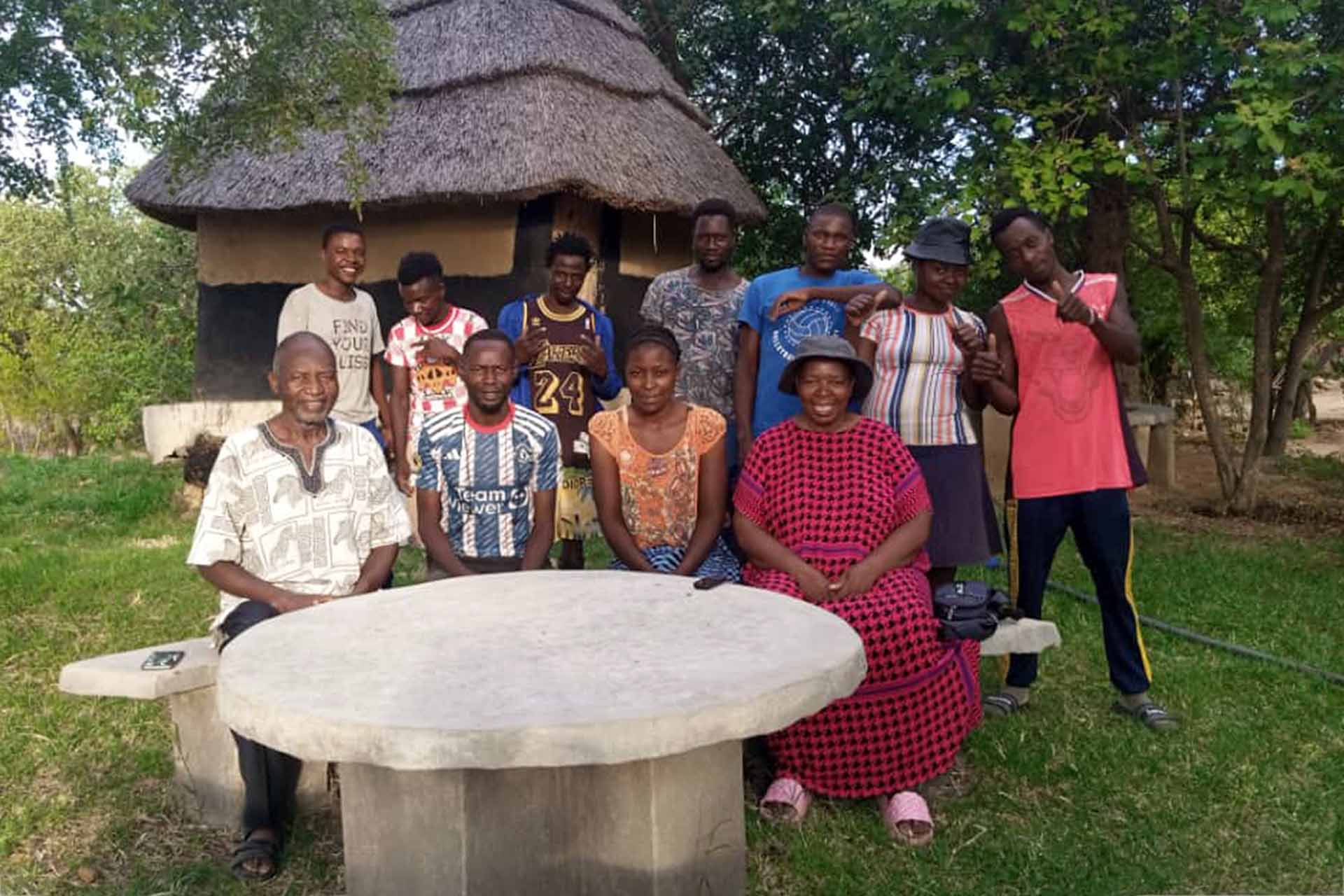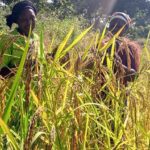On November 28, 2024, Shashe Agroecology School in Zimbabwe became a hub for sustainable agricultural innovation and knowledge exchange. Organized by RESCOPE Zambia under the leadership of Walter Nyika, four young Zambian farmers participated in a dynamic learning exchange program designed to showcase the transformative power of agroecology. The initiative focused on farmer-to-farmer engagement, highlighting sustainable farming practices that strengthen food sovereignty, environmental stewardship, and community resilience.

Participants visited three Centers of Excellence—homesteads of Mr. Mutsenhure, Mr. Mudzingwa, and Mrs. Mpofu, Director of the African Women’s Collaborative for Healthy Food Systems—where they explored an array of agroecological techniques. These included water harvesting systems like dead-level contours, composting, seed saving, and bioinput pest management using plants such as neem and marigolds. The visitors learned how local farmers have transitioned away from commercial farming inputs to rely on natural resources like compost, ash, and livestock manure, reducing costs and environmental impact.
Traditional cultural practices, including rainmaking and thanksgiving ceremonies, were integrated into the exchange, illustrating the importance of blending ecological methods with spiritual and cultural values. These ceremonies reaffirm the interconnectedness of farming, community, and nature, inspiring participants to adopt holistic approaches to agriculture that respect both the land and its traditions.
The exchange also emphasized climate resilience, particularly in the dry region of Masvingo Province, which receives minimal rainfall. Farmers demonstrated the suitability of small grains such as millet and sorghum for these conditions and the critical role of seed banks in preserving genetic diversity. By observing innovative seed preservation and storage techniques, participants gained insights into securing food systems against drought and other challenges.
As the program concluded, reflections from the participants underscored their commitment to replicating these practices in their communities. The visit empowered them to advocate for agroecology as a pathway to sustainable farming, promoting food sovereignty, environmental health, and economic independence. Through initiatives like this, RESCOPE is fostering a movement of informed and motivated young farmers ready to transform agriculture in Africa.

